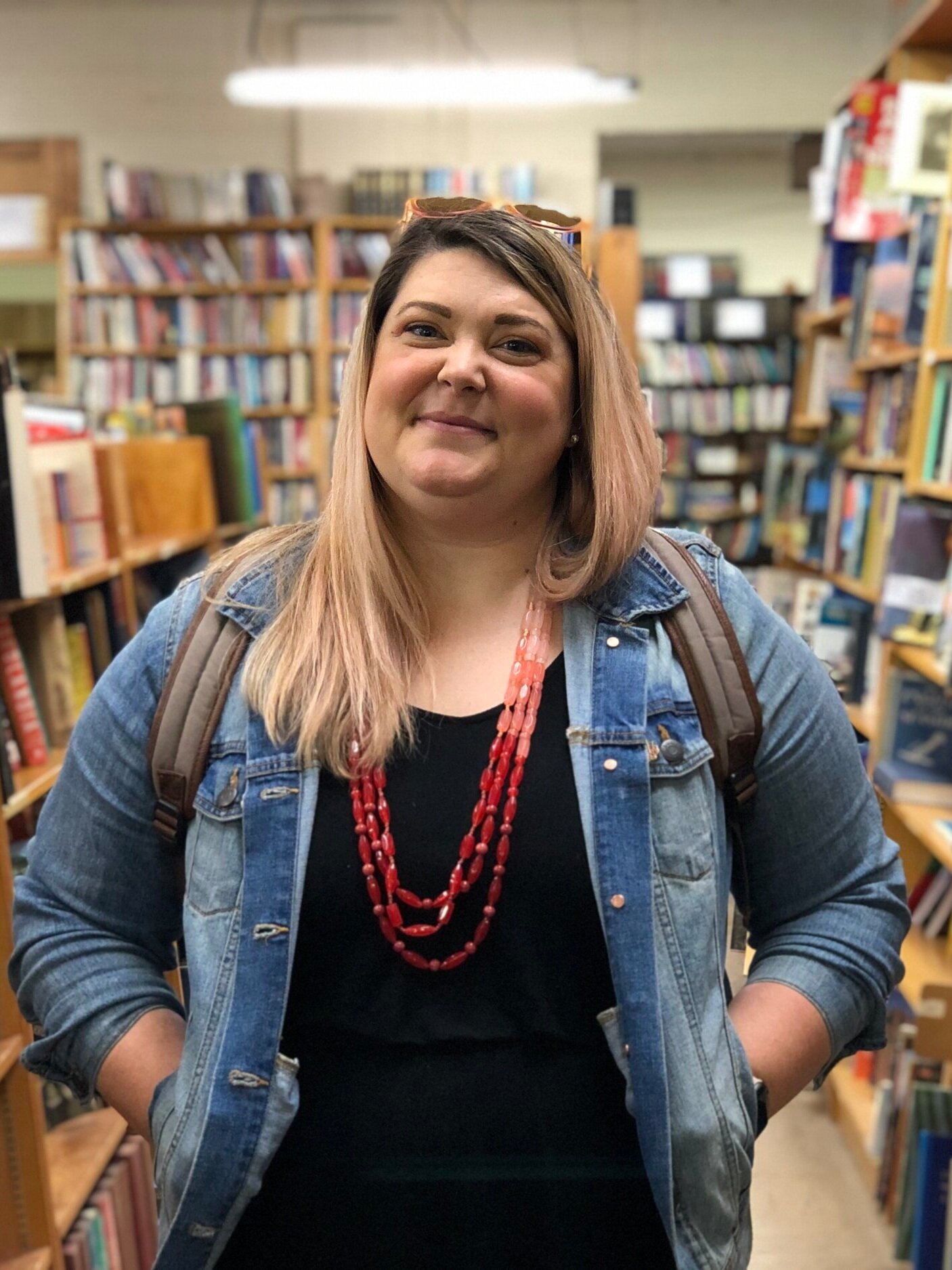Frankenstein
Frankenstein, Mary Shelley, 1818
Frankenstein is a Gothic Romance novel written by an 18-year-old young woman in the 19th century on a dare that arguably birthed an entire genre (science fiction). I was inspired to read this book because this year marks its 200th year as a published piece of fiction. And I'm feeling all feminist. So, go book-written-by-a-teenage-girl-that-birthed-my-favourite-genre, take back the sci-fi from the angry white men hell-bent on destroying everything good about it. That whole thing. Also, I saw a still from a movie with Elle Fanning that came out sometime last year about Mary Shelley and I thought to myself, "I never read that... I probably should." And finally, my best friend told me it's her fave from that period of books and I was like, "Alright, everything is giving me a green light. Let's read this sucker."
So, I started the book in March because it was published in March of 1818 and I thought that would be cool. I usually read about 75 pages an hour and weighing in at just over 160 pages this book should've only taken me a couple of hours.
Reader, it took me FOUR MONTHS to finish. It became like an albatross to me in my reading goal. For some strange reason, I have a difficult time giving myself permission to read more than one book at a time. I don't know why. It's just something weird about my brain. So, I would set it aside for stretches of time in order to read other books and then guiltily come back to this tiny novel read a paragraph or two, promptly fall asleep, and then start the whole guilt cycle again.
It's a weird sort of disappointing to experience something that should be everything you love and it is not. Sitting here at the end of June, having finally garnered the motivation to finish the book, and put it behind me once and for all, I can say that I did enjoy the story.
But it was totally different from what I expected.
First of all, it starts off with a series of letters from Captain Walton to his sister regarding his North Pole expedition. Somehow, I never knew this. I had previously thought that I'd gained most of the Frankenstein story by cultural osmosis and I would essentially be reading along to the greatest hits and knock this one out. Frankly, Walton's letters really threw me off and I just didn't care. And then FINALLY, the monster shows up! But he's gone in a flash and we are introduced shortly thereafter to Frankenstein. Walton views him as an apparent godsend because he found himself without a true friend to confide in on his expedition. (He got real hung up on not being able to be friends with his crew and not being around anyone from his social class for a while and I was just not into that).
Then starts Frankenstein's story. Some of these elements were familiar to me. And the feeling of the gothic mystery and romance did finally start to creep in. We follow Frankenstein from his early childhood through his autodidactic education to university. His interest from childhood always centered around alchemy and science. And his lack of directed education until university allowed him to bastardize alchemical pursuits with the scientific process. Thus we find a Frankenstein in his early 20s, away from home, and sequestered in his rooms in Germany he figures out how to suffuse non-living matter with life and he becomes our modern Prometheus.
The story of a man being destroyed by his own over-ambitious creation is very familiar to the modern reader. In fact, Ridley Scott has borrowed a lot of this idea for his famous Alien series. We know this story now. And yet, we often still find ourselves lamenting that the main character will inevitably meet destruction. Or at least, I do.
Frankenstein is sad and full of wonder. I identified with young Frankenstein's fascination with the world around him and his love for the mystery of the world we live in. I grieved that he met such tragedy. But I was a little bored in the telling. Though that scene with the lightning struck the tree still sticks with me.
As for the interlude where the Creature tells us his own story. He felt to me fantastically creepy. A voyeur unable to recognize his trespassing. And reading his demand on Frankenstein for a companion... whew, that part was tough in this day in age with young men claiming that women exist for them and branding themselves involuntary celibates. I think earlier in my life I might have felt more pity for him. And I understand that he represents a lot about the modern man's experience. A man, feeling disconnected from his creator, has difficulty in finding his purpose in the world, so he lashes out and destroys his own chances for happiness and fulfillment.
Ultimately, that's the part of the story that is the most universal. I think we've all experienced it in some way or another. Either we've lost sight of ourselves and hurt those closest to us in the process or someone close to us has. But then what do we do?
Frankenstein ends with the death of the main character and the last sight of the creature rowing a boat off into the horizon. Walton, partly incredulous, has dictated this story to his sister and carries the burden of sharing the warning to the audience.
So, as a modern reader in 2018, what does this book mean for me? I still think it's amazing that this book exists. That a teenage girl wrote it and it has endured for 200 years. I think it's incredible that she could so easily identify the downfall of man and at the same time imbue him with imagination and vision. I'm glad I read it. I'm glad it's over.




